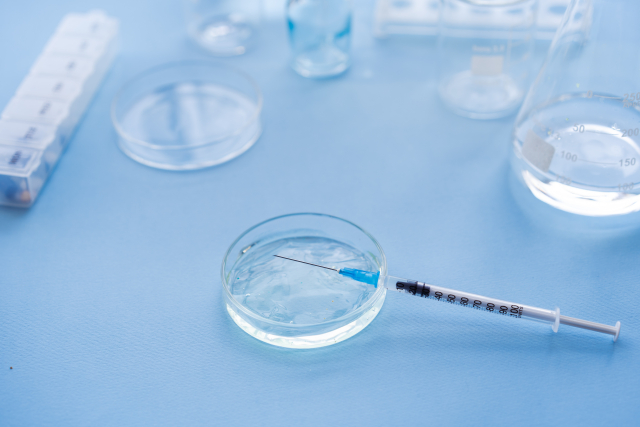Even if DNA testing in paternity testing does not constitute medical practice, whether a licence as a sanitary laboratory is required depends on the relevant legislation and the nature of the test.
1. What is a sanitary laboratory?
Sanitary laboratories are institutions that test specimens not directly related to medical practice (e.g. food, environment, water quality, medical examinations, etc.) and are required to be authorised under the law of each country to carry out testing services in accordance with certain standards.In Japan, there are ‘sanitary laboratory regulations’, which require that a laboratory be authorised as a sanitary laboratory in order to carry out specimen testing.
2. Paternity testing (DNA testing)
Paternity testing is intended to confirm the legal and personal parent-child relationship and differs from testing for the purpose of medical treatment or medical examination.For this reason, tests can be carried out by private agencies specialising in paternity testing.
Whether a license as a sanitary laboratory is required depends on the following factors
- Sample handling: DNA testing in paternity testing involves samples such as saliva, cheek cells (oral cells) and blood.Certain laboratory techniques and equipment are required to handle these samples properly and provide accurate results.It may therefore be required to be carried out by a licensed hygiene laboratory.
- Legal applications: if the results of a paternity test are to be used as legal evidence, it is important that the laboratory meets certain standards and is reliable. In cases where a court or public authority requires it, the existence of a licensed sanitary laboratory may be a proof of reliability.
3. when a hygiene laboratory is required, although not for medical treatment
- Non-medical tests that must meet certain criteria: for example, if the results of a paternity test are to be used as legal evidence, their reliability is important.In some cases, a sanitary laboratory licence is required to ensure the adequacy of equipment and techniques to ensure that the tests are carried out accurately.
- There are also unlicensed private agencies: on the other hand, private DNA testing agencies offering paternity testing for purely personal purposes may not be licensed sanitary laboratories.These agencies can be difficult to use as legal evidence, but are often used at the discretion of individuals.
4. The relevance of the law in Japan
In Japan, the Medical Care Act and laws on sanitary laboratories set certain standards for specimen testing. When paternity testing is performed as a ‘medical procedure’ (e.g. prenatal paternity testing during pregnancy) or when reliability is required to provide legal evidence, it may be important for the laboratory to be licensed as a sanitary laboratory.
5. Why a sanitary laboratory license is required
- Ensuring reliability: a licensed sanitary laboratory ensures that the institute has the appropriate equipment and technology and that the test results are reliable.
- Use as legal evidence: if a paternity test is used in court, the results must have been carried out by a reputable institute. In this case, results from a laboratory with a sanitary laboratory license are more likely to be accepted as legally valid evidence.
6. Precautions on the use of private DNA testing organizations
When carrying out a paternity test for personal reasons, it may not always be necessary to use a licensed sanitary laboratory, but if the results are to be used legally or if reliability is important, it is recommended to choose a licensed laboratory.It is important to select the appropriate laboratory according to the purpose and use of the paternity test.
Summary
Even if a paternity test (DNA test) does not constitute a medical procedure, whether it requires authorization as a sanitary laboratory depends on the purpose and use for which the test is performed. If the test is used as legal evidence or to ensure reliability, it is often required to be carried out by an authorized sanitary laboratory. While it is possible to use a private laboratory that does not need to be authorized for personal purposes, it is better to choose an authorized laboratory when reliability and legal purposes of use are taken into account.
When choosing a laboratory, it is important to check its accreditation and the reliability of the services offered, and to select the appropriate laboratory for your purposes.
Latest Articles
Supervisor of the article

Dr. Hiroshi Oka
Graduated from Keio University, Faculty of Medicine
Doctor of Medicine
Medical Doctor









